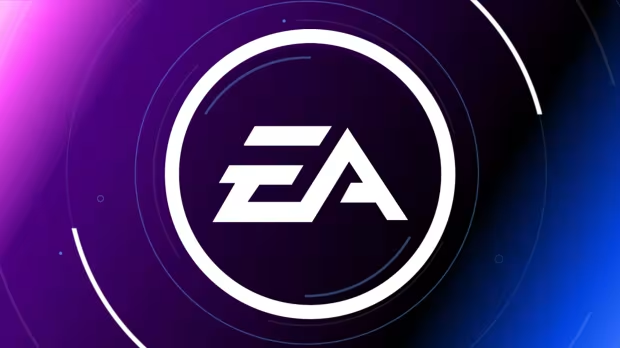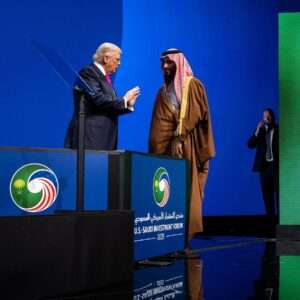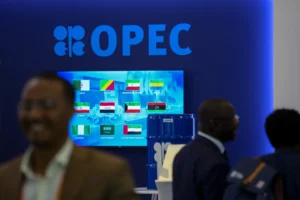By Tim Frazer
Electronic Arts (EA), a global leader in video game publishing, has agreed to a historic $55 billion all-cash acquisition by Saudi Arabia’s Public Investment Fund (PIF), in partnership with Silver Lake and Affinity Partners, marking the largest private equity buyout ever recorded. Announced on September 29, 2025, the deal offers EA shareholders $210 per share—a 25% premium over the stock’s pre-announcement value—transitioning the company to private ownership. The transaction is supported by $36 billion in equity from the three partners and $20 billion in debt financing from JPMorgan Chase, with $18 billion expected to be funded at closing. Subject to regulatory and shareholder approvals, the acquisition is projected to finalize in the first quarter of fiscal year 2027.
This strategic move aligns with PIF’s Vision 2030 initiative, which positions gaming and esports as vital components of Saudi Arabia’s cultural and economic diversification, alongside sectors like sports and cinema. PIF, which has held a 9.9% stake in EA since 2021 (initially valued at over $3 billion and expanded by 55% in 2023), is reinforcing its commitment to building a global gaming ecosystem. The fund’s portfolio already includes investments in Activision Blizzard and Take-Two Interactive, and it launched the Esports World Cup in 2024 through its Savvy Games Group. Turqi Alnowaiser, PIF’s Deputy Governor and Head of International Investments, underscored the deal’s significance: “Our leadership in gaming and esports positions us to drive EA’s growth and innovation on a global scale, shaping the future of interactive entertainment.” Silver Lake, a private equity firm specializing in technology with a track record of transformative deals, and Affinity Partners, founded by Jared Kushner in 2021 with a focus on Middle Eastern investments, bring financial and strategic expertise to the partnership. EA will continue under the leadership of CEO Andrew Wilson, who stated, “This partnership empowers us to deliver groundbreaking experiences that will inspire players for generations.” The company’s headquarters will remain in Redwood City, California.
EA’s extensive portfolio, featuring blockbuster franchises like EA Sports FC (formerly FIFA), Madden NFL, Battlefield, The Sims, and Apex Legends from its Respawn Entertainment studio, solidifies its dominance in the $200 billion global gaming market. The acquisition comes at a transformative juncture for the industry, driven by the rise of live-service games, cloud gaming, and esports. With substantial new capital, EA is poised to invest in cutting-edge technologies, such as AI-driven game development, virtual reality, and expanded esports initiatives, potentially strengthening its competitive edge against rivals like Tencent, Microsoft, and Sony. The deal could also accelerate EA’s ability to innovate in game design and player engagement, creating more immersive and interconnected gaming experiences.
However, the acquisition is not without challenges. Saudi Arabia’s growing influence in the gaming industry, through PIF’s state-backed investments, may raise concerns about creative control and cultural implications. Regulatory scrutiny, particularly from the U.S. Committee on Foreign Investment in the United States (CFIUS), could complicate the deal due to gaming’s role in technology and data ecosystems. Questions about how EA’s development priorities might align with its new owners’ strategic goals, particularly in promoting Saudi Arabia’s esports ambitions, are likely to emerge. Industry observers note that while the financial backing offers unparalleled opportunities for growth, EA must balance innovation with maintaining the creative independence that has defined its iconic franchises.
The acquisition positions EA at the forefront of an evolving gaming landscape, with the resources to redefine interactive entertainment. As the industry anticipates the deal’s closure, its success will hinge on EA’s ability to leverage its new financial firepower while preserving the trust of its global player base. This landmark transaction not only reshapes EA’s future but also signals a new era of global investment in gaming, with far-reaching implications for developers, players, and the broader entertainment ecosystem.















